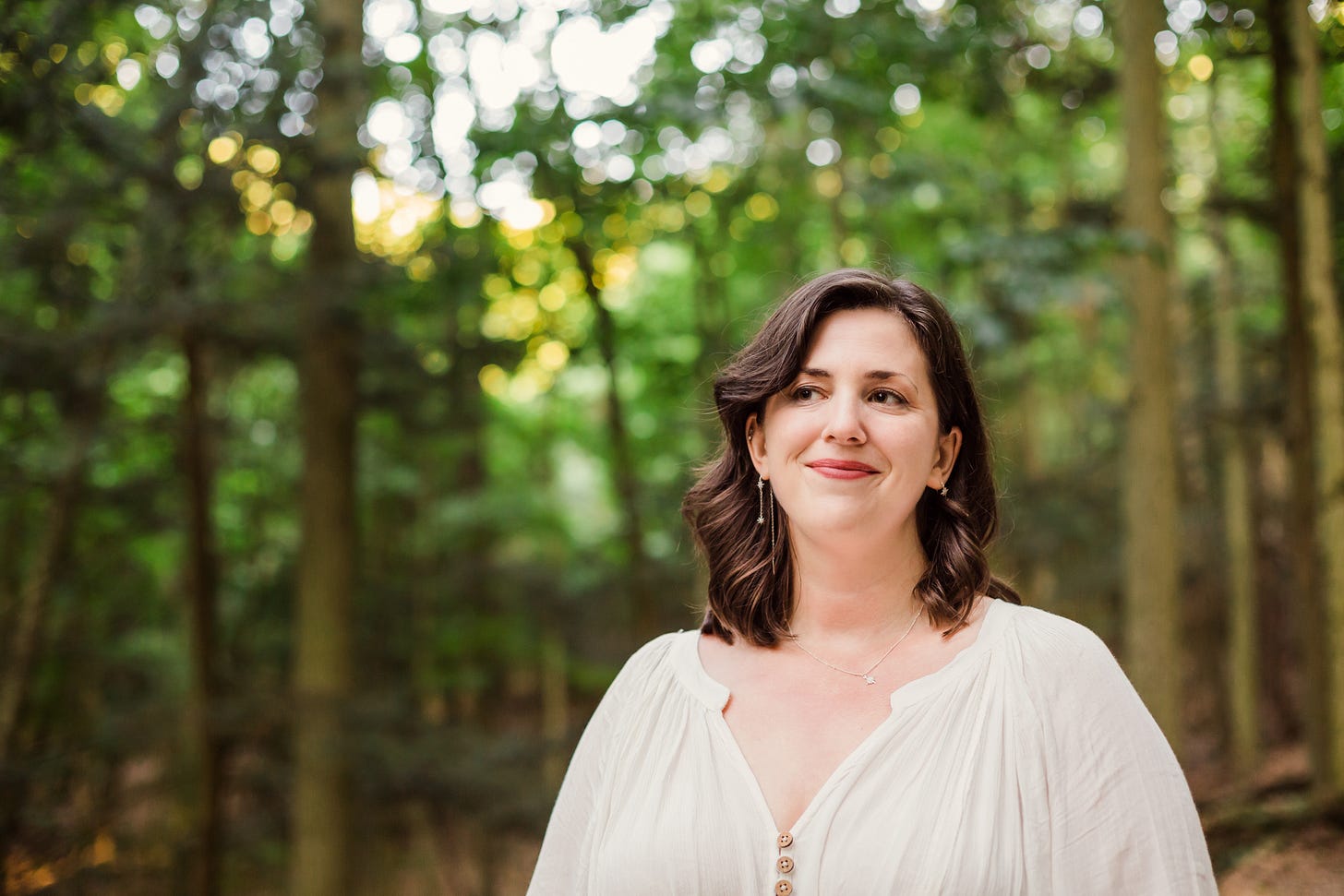An Opportunity to Help Homeschooled Kids
This Wednesday, April 30, is the annual Day of the Homeschooled Child, a day of bring awareness to homeschool abuse and the importance of legal protections for children, hosted by Coalition for Responsible Homeschool Education (CRHE).
As a homeschooled kid in Pennsylvania and Colorado in the 1990s and early 2000s, I was made vulnerable to abuse and educational neglect because of the lack of laws to ensure I had a safe, quality education.
Science wasn’t important because I was a girl and was just going to be a housewife. I graded my own tests and never learned how to write an essay. I had limited access to mandatory reporters. I wasn’t allowed to apply to colleges, being told that God wanted me to stay home. I was also told I wouldn’t become an adult till I got married, so I didn’t fully understand my legal rights when I turned eighteen.
These are just a few of the problems with the lack of homeschool regulation in the US, and with the current administration, we need to stay vigilant and keep pushing for children’s rights to education and safety.
I’ve been a supporter of CRHE for years, and I know they are doing incredible work in this area. Nowhere else can you get consolidated data on homeschooling laws in every state. Please visit their website and consider getting involved. I wish I’d had adults advocating for me, and there are millions of homeschooled kids today who need our help.
This Wednesday, I’ll be joining CRHE for a special live video memorial for the children who have died under homeschool abuse. Watch this space and my social media if you’d like to tune in.
Also, I’m running a campaign to help raise money for CRHE’s advocacy work. If you donate at least $10 between now and May 7 (and send me a screenshot of your receipt), I will mail you a personalized hardcover copy of Rift: A Memoir of Breaking Away from Christian Patriarchy anywhere in the US. Please spread the word!
Evangelical Fantasies in Amish Country
This past week, the Christian Century published an article I wrote about Shipshewana, Indiana, a play about an Amish man becoming president, and rampant abuse within Plain communities. The idea for this piece started over a year ago when I went to a Christmas flea market and saw Amish children working the stalls and an advertisement for a musical at the Blue Gate Theatre. This got me curious about what really happens behind the tourism of Amish country, so I attended the play and interviewed survivors from Amish and Mennonite communities.
My only regret is I could only fit so much into the piece. I learned so much about Plain communities that challenged my preconceptions, and I hope this piece helps point readers to the advocates in that space who have been doing the work for decades:
Mary Byler of the Misfit Amish and author of Reflections and Memories of an Amish Misfit and Jasper Hoffman, advocate and host of The Plain People’s Podcast—I am in awe of their work, their persistence, their insight, and I couldn’t have written this piece without them.
I also interviewed Kristin Saner, co-owner of Fables Books in Goshen, Indiana, a progressive Mennonite who showed me a spectrum of Anabaptist belief and practice.
And I truly appreciate my editor, Jon Mathieu, who took this pitch with enthusiasm and helped me get the piece in good shape.
Here are a few excerpts:
To better understand the Amish tourism industry, I contacted Jasper Hoffman, an advocate and host of the Plain People’s Podcast. She calls the facade of Amish tourist hubs “Disneyland.” In our conversation, she pointed me to a darker side to the industry: Amish- and Mennonite-run facilities that serve as troubled teen homes and rehabilitation centers for sexual predators. These facilities are often places where Amish goods are created, the same goods that are sold in tourist towns like Shipshewana. Hoffman said these goods are the products of child labor, that Amish butter is “salted with the tears of children.”
Mary Byler, the survivor I spoke to about the play, told me that child sexual abuse is extremely common in Plain communities, but because of their isolation, there is limited research on abuse within Anabaptist contexts. Byler’s advocacy is fueled by their own experience of years of sexual abuse perpetrated by boys and men in their family. Byler told me, “I get reports of Amish youth and people who are survivors of sexual abuse and child sexual abuse who died by suicide. I’ve been listening to the stories of child sexual abuse coming from within Amish settlements since I was 12 years old. I am now 40. We cannot address what happens within a patriarchal, authoritarian, high-control religious group when they are covering up abuse, and aligning themselves with perpetrators of abuse and protecting them at all costs to protect the organization, unless we actually name it.”
Amish and Mennonite tourism seems to be fueled by the same sort of voyeurism that inspired entertainment from my own fundamentalist past. With the rise and fall of the Duggar family, of 19 Kids and Counting fame, I’ve watched as people accept easy stereotypes of those of us who grew up in the Quiverfull movement. Shows like this focus on the “wholesome” lifestyle and ignore the obvious problems with lack of consent, especially when it comes to the children being exploited. When we help turn a religious group into a curiosity for our entertainment, we so easily forget that these groups are made of very real people.
As Byler said, “Plain people are human beings, not objects for gratification. Human beings with human issues.”
You can read the entire piece in the May issue of The Christian Century, or online here.
Thank you, as always, for being here, and never forget: Your story matters.
— Cait
Rift: A Memoir of Breaking Away from Christian Patriarchy is available now, wherever you get your books!







